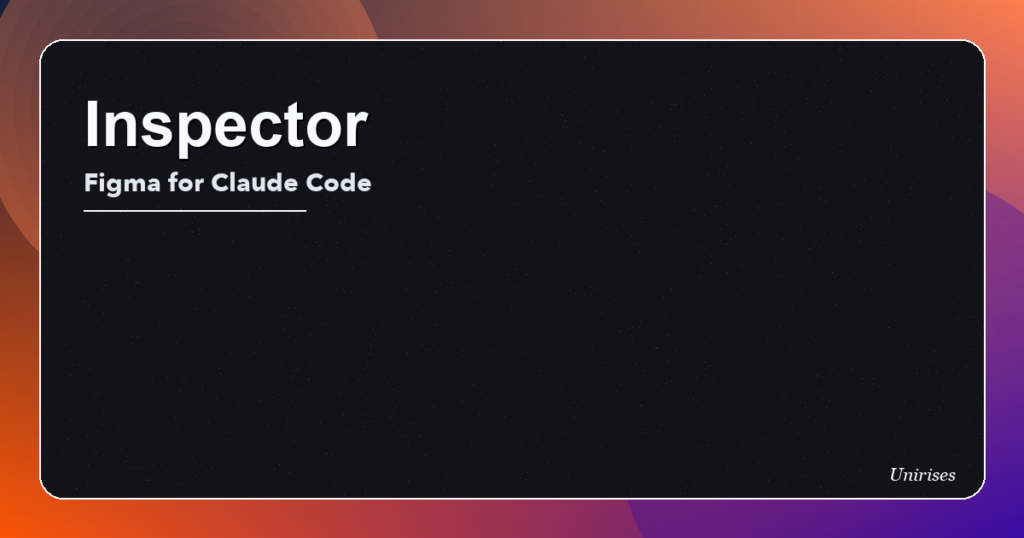
In a tech landscape saturated with productivity apps, Trace is emerging from San Francisco with a bold vision. Founded in 2025 by Tim Cherkasov (CEO) and Artur Romanov (CTO), Trace is part of the prestigious Y Combinator Summer 2025 batch. The company is not just another workflow tool. Instead, it positions itself as a next-generation “CompanyOS” that integrates AI and human collaboration into the very DNA of daily business operations.
The Problem Trace Is Solving
Most organizations today rely on fragmented systems for task management. Product teams live in Jira, operations depend on Slack, and support teams often juggle Notion alongside ticketing systems. This fragmented approach forces teams to constantly switch contexts, creating inefficiency and slowing decision-making.
Trace addresses this by routing tasks to either AI or human agents through integrations with these existing platforms. This creates a unified context for every workflow, removing friction and enabling companies to scale decision-making without scaling headcount at the same rate.
How Trace Works
Trace’s technology sits between existing communication and project management tools. When a task is created in Slack, Jira, or Notion, the platform assesses whether the task can be handled by an AI agent or should be assigned to a human. Its AI infrastructure leverages tools like Claude for reasoning and Vercel for deployment, ensuring that the platform remains both intelligent and lightning-fast.
The real differentiator is the seamless blending of human judgment with AI automation. Rather than replacing humans, Trace empowers them by removing repetitive and low-value work, allowing teams to focus on strategic priorities.
Early Traction and Market Position
At public launch, Trace was already in use by more than 30 companies — an impressive feat for a team of just five employees. Being recognized as part of YC’s Summer 2025 cohort has also given Trace credibility and visibility in the crowded productivity space.
Its target market spans operations, product, and support teams — the very departments that feel the pain of task fragmentation most acutely. These are teams where a single delay can cascade into missed deadlines, unhappy customers, and revenue loss. By centralizing workflows and enabling AI-human task routing, Trace positions itself as a must-have rather than a nice-to-have.
The Vision: CompanyOS for the Next Decade
From Unirises’ perspective, Trace’s trajectory could follow one of two paths in the next 5–10 years.
The first path is deep vertical integration. Trace could evolve into a central nervous system for companies, not only routing tasks but also managing budgets, tracking KPIs, and forecasting operational bottlenecks. This would place it in direct competition with all-in-one enterprise suites like Salesforce or Monday.com, but with an AI-first advantage.
The second path is horizontal dominance across industries. By remaining tool-agnostic and enhancing integration capabilities, Trace could become the universal orchestration layer for business workflows. This would open doors to sectors beyond tech, such as manufacturing, healthcare, and logistics — industries that still suffer from siloed communication.
Given its early traction, YC backing, and small but agile team, the company has the potential to scale rapidly. However, execution will be key. To dominate in the long term, Trace will need to balance automation with trust, ensuring that AI decisions are transparent and auditable.
Competitive Edge
The biggest differentiator for Trace is not just its technology stack but its philosophy. Many AI automation platforms market themselves as replacements for human labor. Trace takes the opposite stance: the human is still in the loop, but with supercharged capabilities.
This approach reduces the fear of job displacement and accelerates adoption within organizations. In an era where AI ethics and governance are hot topics, this balanced positioning could prove decisive.
YC Influence and Future Funding
Being part of Y Combinator gives Trace a competitive advantage in fundraising and scaling. Historically, YC startups have raised larger seed rounds and scaled faster than their non-YC peers. If Trace follows this pattern, we could expect a significant seed or Series A round within 12 months, fueling further product development and market expansion.
The founders’ long-term collaboration history also reduces founder risk, a factor that investors often weigh heavily. With their combined expertise in AI infrastructure and workflow systems, Cherkasov and Romanov are well-positioned to deliver on their vision.
FAQs About Trace
What is Trace?
Trace is a workflow automation platform that integrates with Slack, Jira, and Notion to route tasks between AI and human agents, creating a unified operational context.
Who founded Trace?
The startup was founded in 2025 by Tim Cherkasov (CEO) and Artur Romanov (CTO).
Who is Trace for?
Trace targets operations, product, and support teams, helping them eliminate workflow fragmentation.
How is Trace different from other automation tools?
Unlike platforms that replace human work, Trace keeps humans in the loop, using AI to handle repetitive tasks while leaving strategic work to people.
What are Trace’s long-term goals?
The company aims to become a “CompanyOS,” a central orchestration system for all business workflows, blending AI automation with human decision-making.
From Unirises’ business analysis perspective, Trace is entering the market at a pivotal time when AI adoption is accelerating but trust in automation is still being negotiated. By keeping humans in the loop and leveraging AI as an enabler rather than a replacement, Trace is well-positioned to lead the next generation of productivity platforms.
Visit unirises.com to read more



